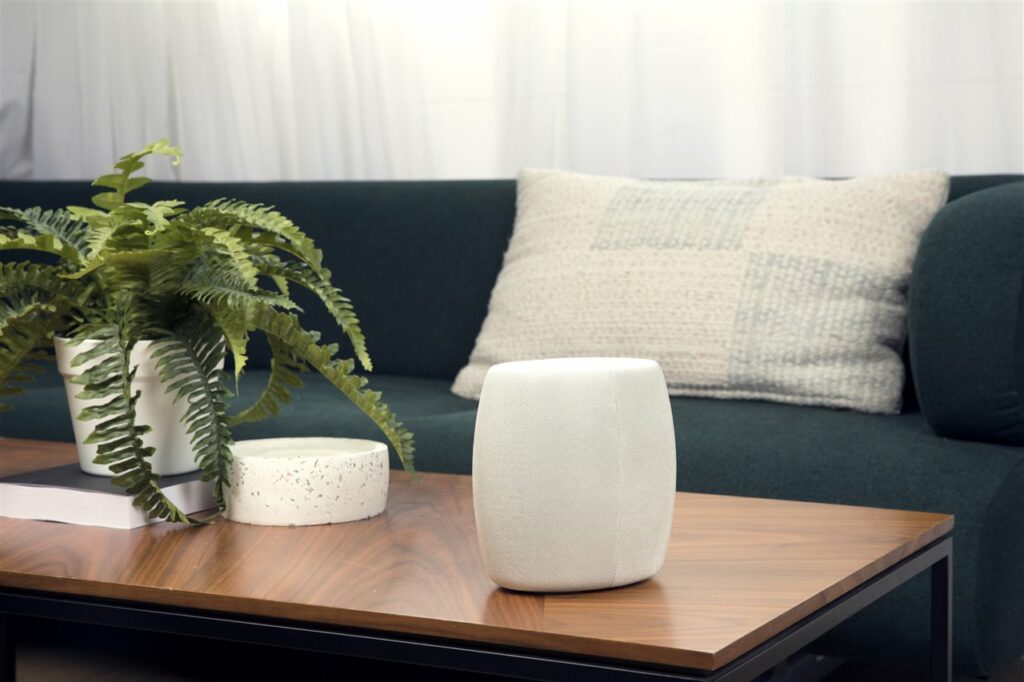Your home is your sanctuary, a place you want to feel safe. While you may rely on locks and security systems to keep your property secure, are you taking the same level of precautions when it comes to your digital security?
Cybercriminals are getting smarter and more sophisticated every day, targeting and exploring your personal data. According to the FBI’s Internet Crime Report 2021, a record 847,376 complaints from the American public were reported, which was a 7% increase from 2020, with ransomware reports as a prevailing issue. Experts expect this number to increase in 2022 and beyond.
To protect your home and family from digital threats, make sure to take these three smart cybersecurity steps:
Update your networking devices
Households everywhere depend on wireless network devices for internet connectivity including modems, routers and Mesh Wi-Fi products for checking phones, streaming movies and video conferencing. However, as these systems age, so too do the security features, which impacts its ability to keep your network safe.
The Motorola Q14 Wi-Fi 6E Mesh System is Motorola Network’s newest solution that keeps your home network safe and secure with support for cutting-edge WPA3 encryption, as well as unprecedented Wi-Fi speeds up to 5.4 Gbps for over 100 connected devices. This means your connected devices and online activity remain secure, without bottlenecking speeds, not to mention countless security features.
You can easily set up, manage and secure your home network using this system with the motosync app. When you set up your account, you can use parental controls to manage your children’s internet use, plus the app runs regular scans to block ads and detect and eliminate threats before they become a problem. This all happens in the background while your family connects wirelessly, providing instant peace of mind.
Use a VPN
Using a Virtual Private Network — more commonly referred to as VPN — helps provide a higher level of safety when you or family members go online. A VPN is highly effective against cybercriminals because it hides your computer’s IP address, which is a unique string of characters that identifies the device. It also hides your internet activity so cybercriminals are blocked from seeing what you’re doing online and where you’re doing it.
VPNs protect you from the dark side of the internet, but most do have a cost. Many plans’ monthly cost is about the same as a cup of coffee from your favorite coffee house, but it can vary. If cost is a concern, you can explore free and open-source options. Do your research and decide which is best for you based on your needs and budget, but no matter what, always choose a reputable provider.
Update antivirus software
Antivirus software is software that typically runs automatically on your digital devices to help scan, detect and eliminate any threats, including spiders, viruses and worms. Many devices come loaded with antivirus software that detects and removes malware, but it’s important to check that the devices you and your family use at home include updated versions of the software.
It’s common for people to skip antivirus updates or let their subscription expire. By doing this you make it easier for cybercriminals to penetrate your devices and connections — including your personal data and online activities. Keep your home’s digital activity secure by updating and running antivirus software at all times.
More people rely on their online connections to get things done and enjoy their life to the fullest. With these three steps, you can feel confident your family and your private information is protected. (BPT)
Susan Brewer Service First Real Estate (636)936-8600
Published on 2022-10-19 13:59:27


